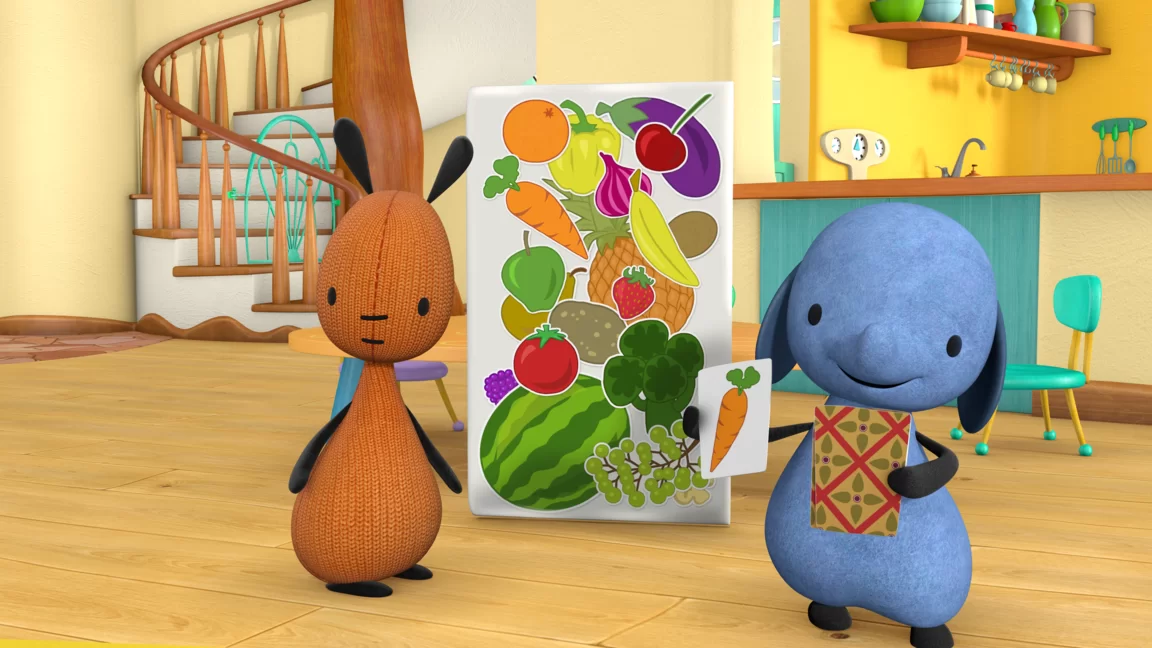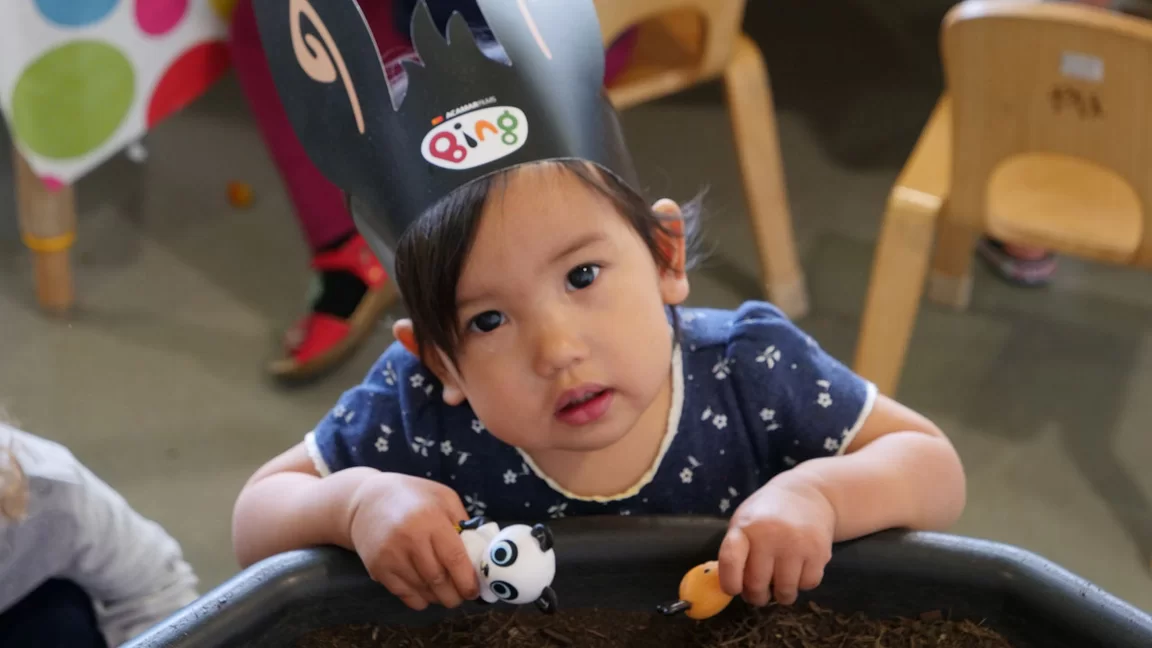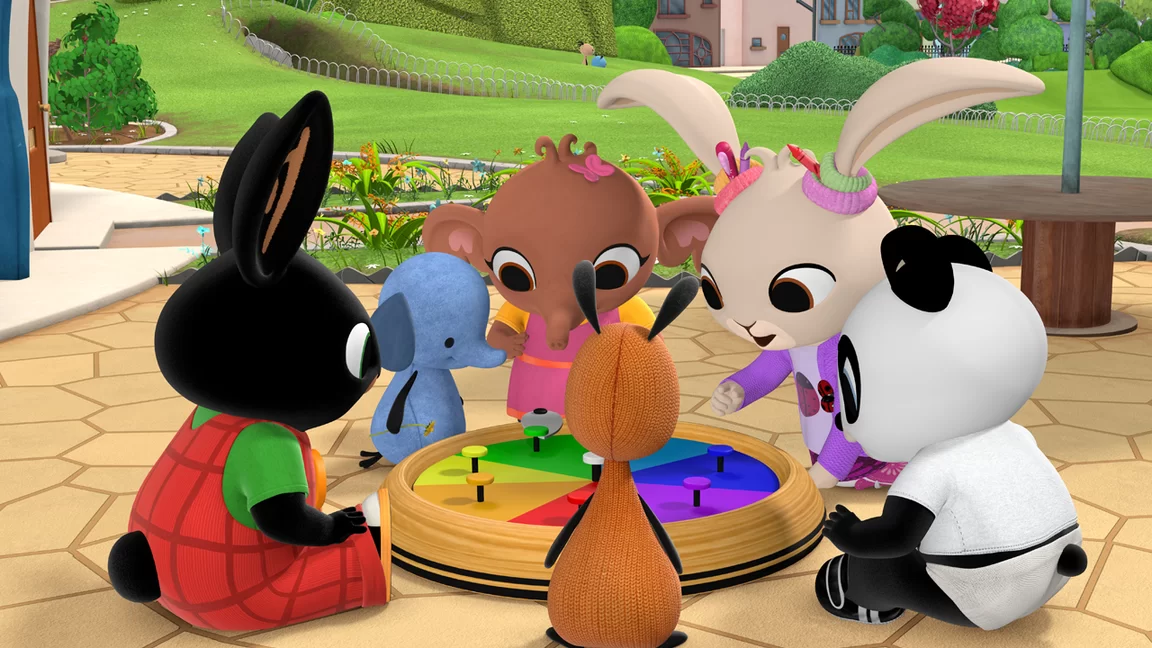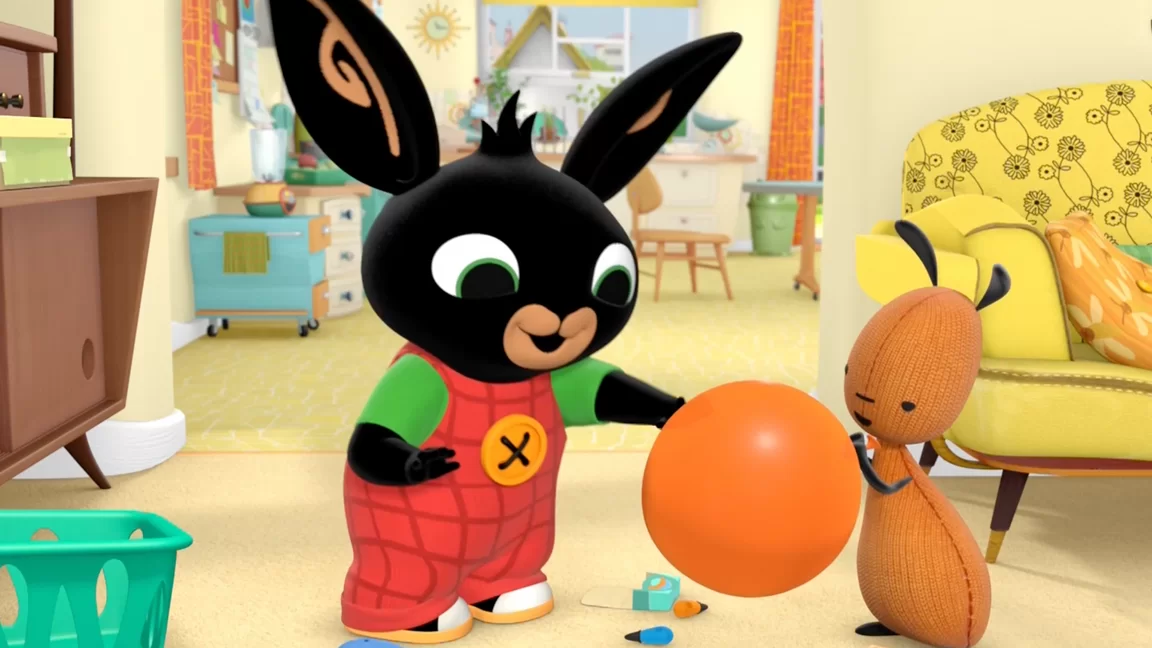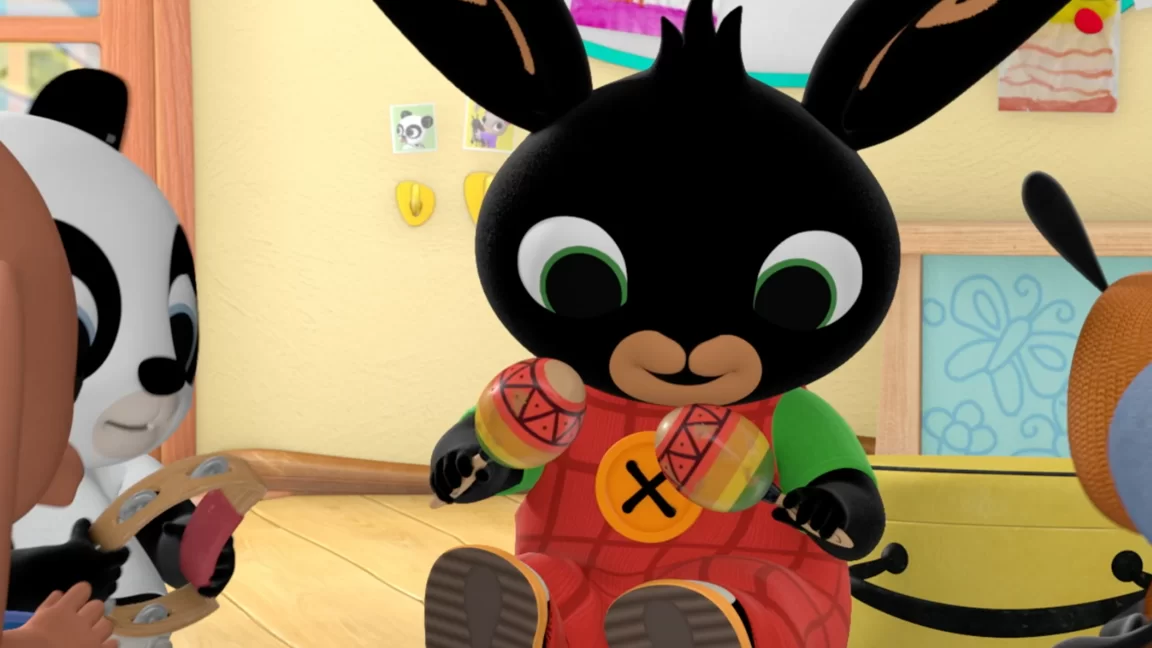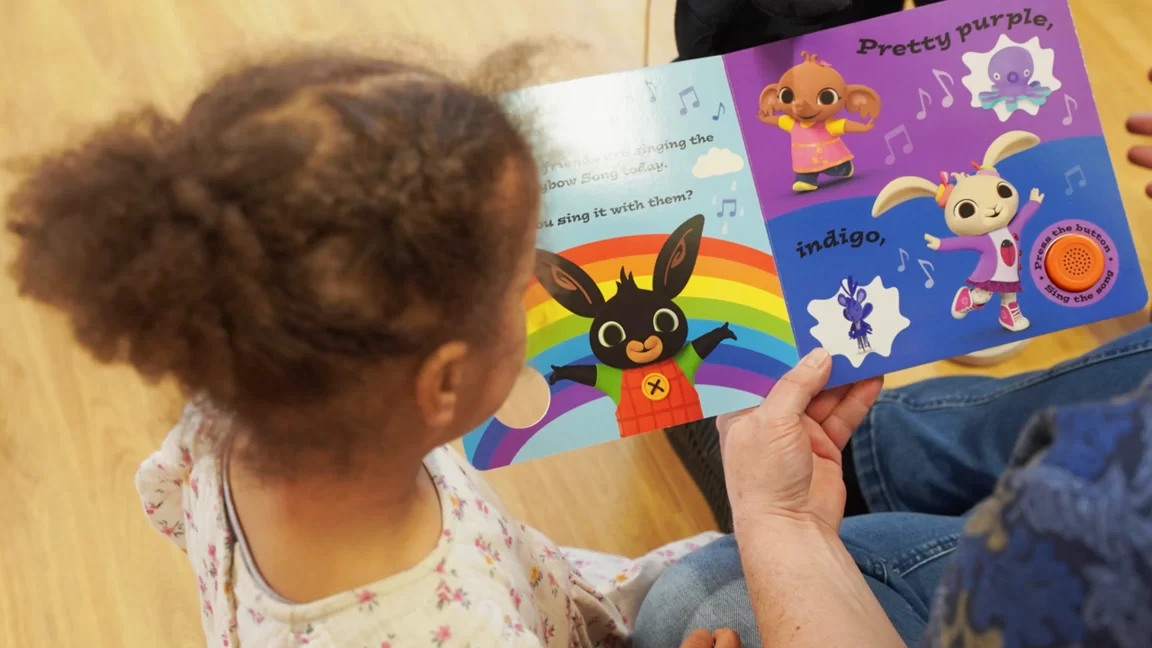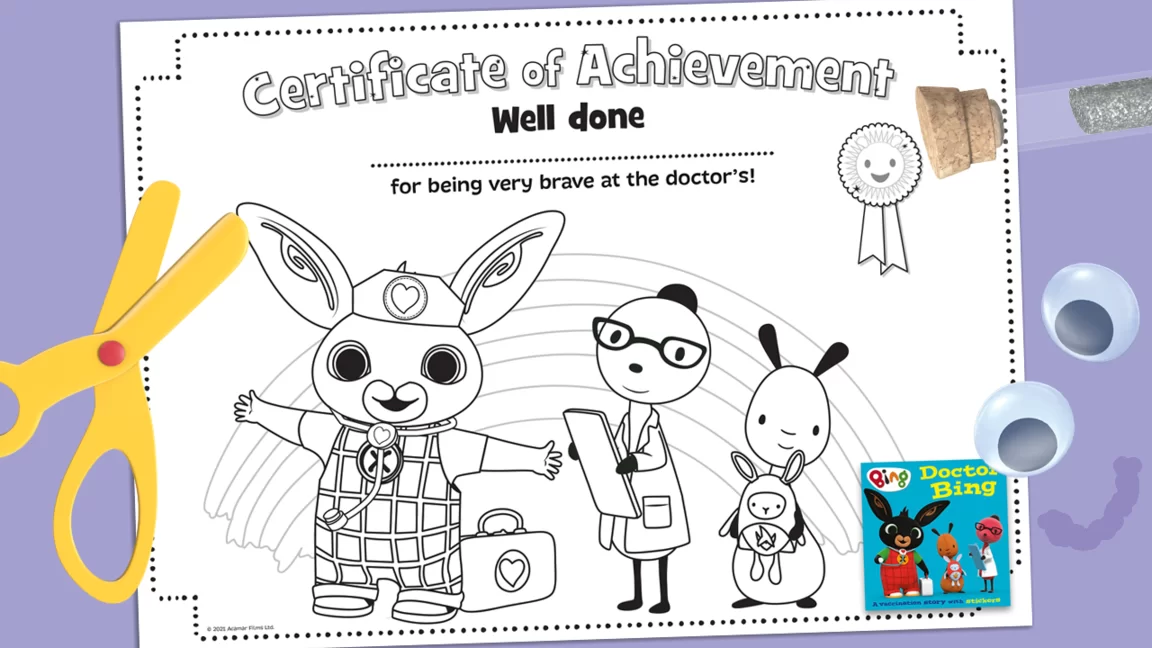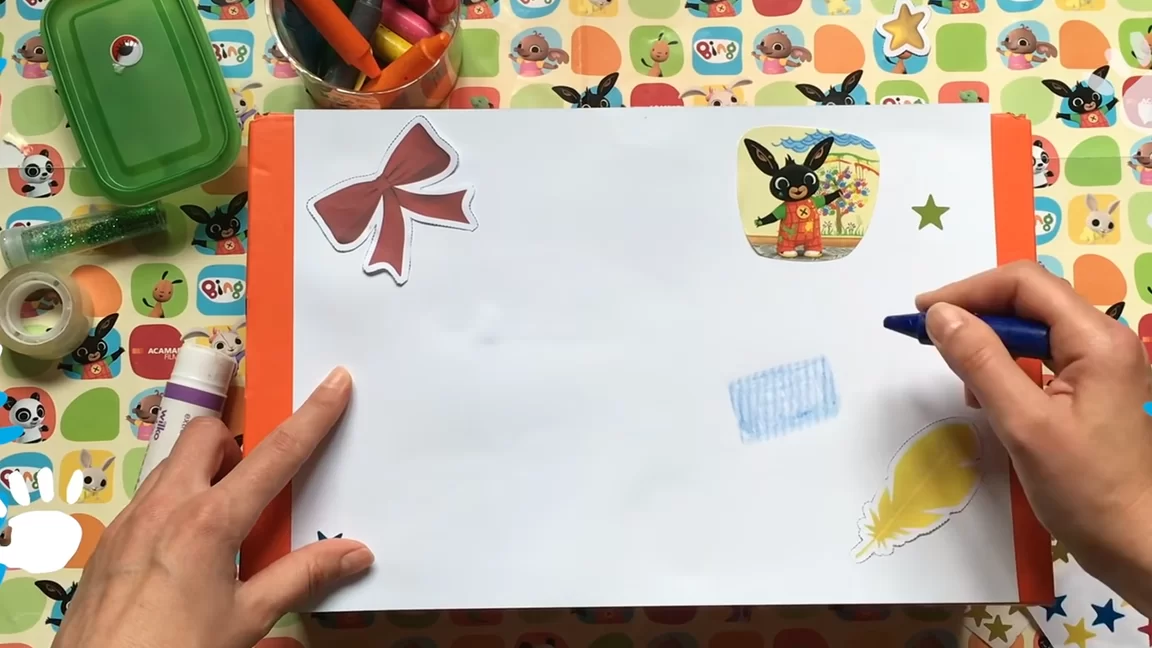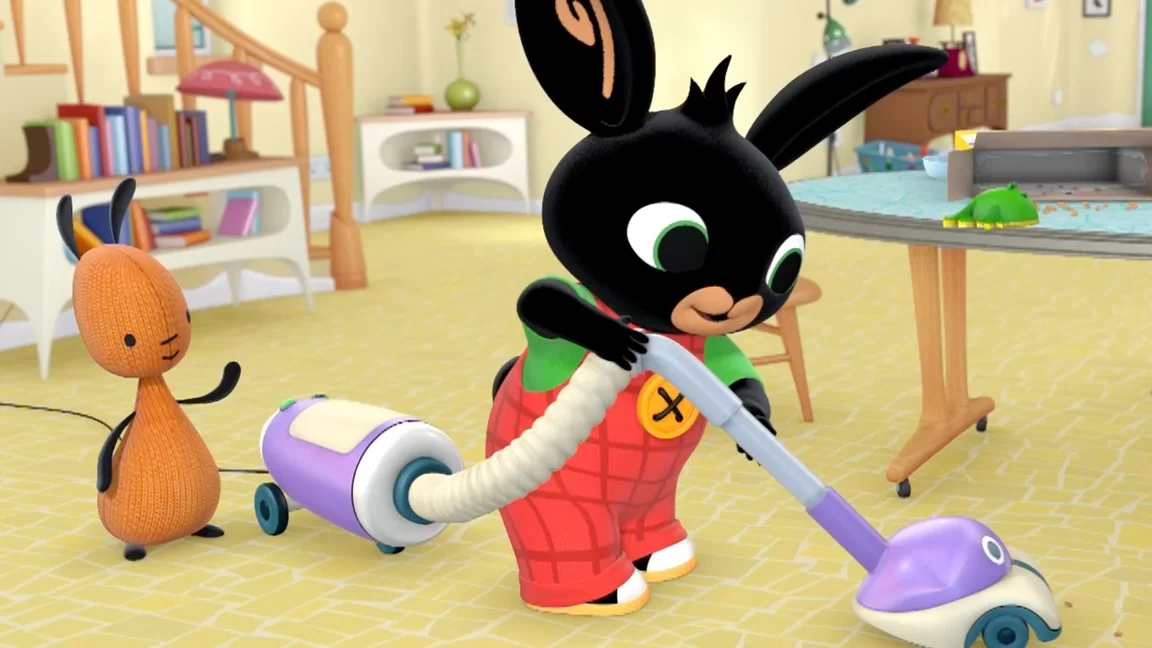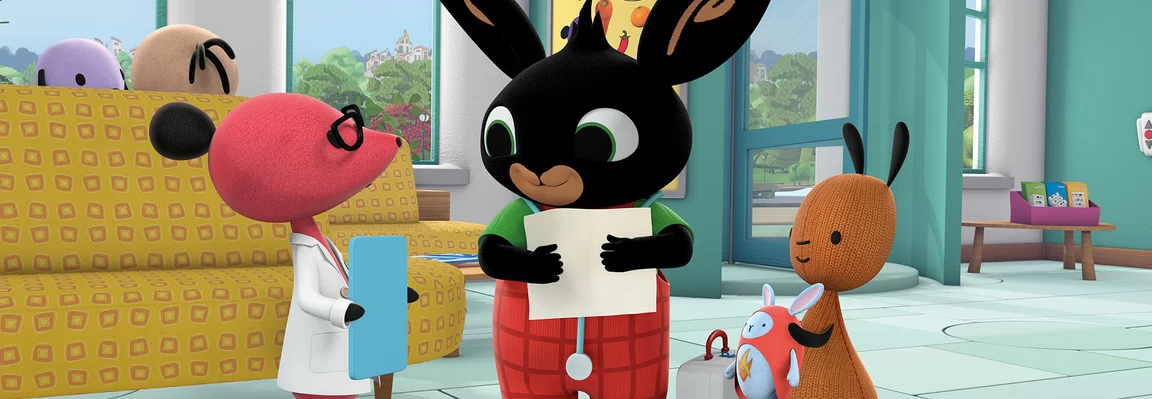
Talking About Emotions
How talking about emotions can help children develop self-awareness
By Prof Sam Wass
In a lot of children’s TV shows the characters display an astonishingly small range of different emotions. Often they’re biased towards happy emotions. Or they might show characters in danger - but always being brave and getting through it. One comment that a lot of parents make about Bing is that it isn’t like that. Bing gets scared, sad, frustrated, jealous - he experiences the same range of emotions as a real-life child.
From my perspective, as a child psychologist who’s also a dad to a four-year-old and a two-year-old, this goes right to the heart of why I encourage my children to watch Bing. Here’s why:
What can help my child develop self-awareness?
Children aren’t born knowing what emotions are. It’s something that they have to learn. I’ve seen this in so many different ways. Watching a child, it can seem amazingly easy for you to tell what they’re feeling – but, when you ask the child themselves, they can’t describe it to you. In a psychologist’s terms, they lack what we call ‘metacognitive awareness’. Feeling an emotion, and being self-aware that you’re actually feeling that emotion, are two quite different things.
Most children never get sat down and taught what the different emotions are. So how are they supposed to learn this self-awareness? It’s likely not something that they’ll be taught at school. This is a shame, because there is evidence that simply being self-aware about what different emotions are, and what it feels like to experience them, is one of the most effective ways of managing negative emotions.
Professor Sam Wass
As a child psychologist who’s also a dad to a four-year-old and a two-year-old, this goes right to the heart of why I encourage my children to watch Bing.
As parents we naturally hate it when our children get upset. But often we try to help in entirely the wrong way. We might try to ‘fix’ their emotions - by solving the immediate thing that’s upsetting them, then assuming that they’ll calm down immediately. Or we might tell them what they should, or shouldn’t, be feeling. For example, on the first day of school you often see parents dragging an upset child along by the hand, saying ‘it’s going to be fine! You’re going to have a lovely time, and make lots of new friends. Don’t be scared!’ There is a lot of evidence now that judging emotions as correct or incorrect, or trying to inhibit what we’re naturally feeling, just isn’t an effective way to make negative emotions go away (either for adults, or children.)
Professor Sam Wass
The technique that does work is mindfulness – and a key component of that is raising self-awareness about the emotions that you’re experiencing in a non-judgemental way.
Can watching Bing assist my child's emotional development?
The reason that I think that watching a show like Bing is really, genuinely important is because watching other children experience emotions helps you to learn what these emotions are. It’s been shown that adults who experience negative emotions can benefit just from watching videos of other adults experiencing the same emotions. And Bing gives you that for free, wrapped up in a fun and entertaining package. That’s why I, as a dad, am always happy when they’re watching Bing.
Download a printable version
About the author
Professor Sam Wass (www.profsamwass.com) studied at Oxford University, London, and Cambridge University, and currently runs the BabyDev Lab (www.uelbabydev.com) at the University of East London. Sam's research is funded by Research Councils UK, the European Research Council, and Medical Research Council and others to study child psychology and child brain development during the early years. His speciality is on concentration and stress during early childhood. He works typical and neurodiverse populations, including children ADHD, Autism, anxiety and other neurodiverse groups. He works regularly with commercial organisations including Melissa & Doug and LEGO, and as a consultant with early years groups including Fennies Nurseries. Sam also appears regularly in the media as an expert in child development, including in the multi-award-winning Channel 4 series The Secret Life of 4- and 5-Year-Olds.
Prof Sam Wass, Professor of Early Years Neuroscience
- Web: UEL Baby Development Lab
- Web: www.profsamwass.com
- Instagram @profsamwass/@uelbabydevlab
- Twitter: @profsamwass/@UEL_BabyDevLab
- Facebook: UEL BabyDev Lab

